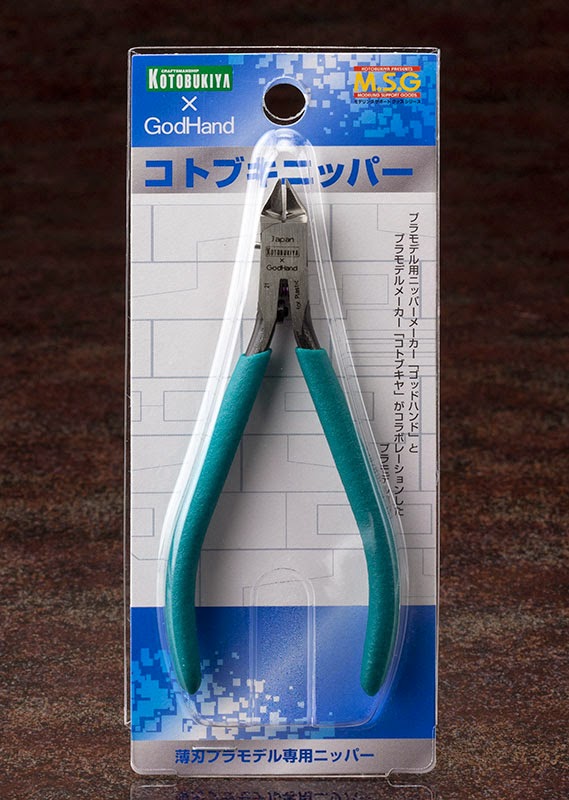I mean, assuming real anime production is somewhere between the idealism of Shirobako and the cynicism of Girlish Number, I assume they did the best that they could with what they were given.
I assume the reason why the movie and the expanded second season exists is because of the capitalistic opportunities offered by the massive success of the first season that allowed them much more leeway in S2. Which is why you have really cool episodes in S2 like the Asuza one where she freaks out about being alone when everyone graduates ahead of her.
I'm not making a value judgement about S1 or the people involved in S1. I just think they saw it as any other product they release, just like any other anime studio. If it's a big hit, then great, if not, then it's just a matter of refocusing and moving onto the next project. Based on my experience watching anime, I'm going to say that they saw two volumes of a fairly generic 4-girl comic about music and tried to find a way to adapt both volumes into a single season as best they could. They didn't want to spend more than a couple of episodes trying to go into Yui's (or Asuza's) anxiety about being a freshman/first year at a new school because the source material didn't really have much to say about that and they didn't have any time.
Like I said, I don't think the actresses trained on their instruments prior to voicing their characters. Certainly I can't imagine why a right-handed person would learn how to play bass with their left-hand unless they were explicitly being paid to do so (or maybe they have a lot of free time). But maybe I'm wrong and all of this was planned from the outset.
In my mind, it's not a matter of making S1 bad "on purpose". And maybe they even had plans to do more while they were making S1. But given how many anime I've seen where they've just released "one and done" seasons with no intention of adapting later volumes, I just think it's likely that KyoAni felt the same way about K-On at the time. I definitely could be wrong, but that's just the best educated guess I can make about the production of the show.













